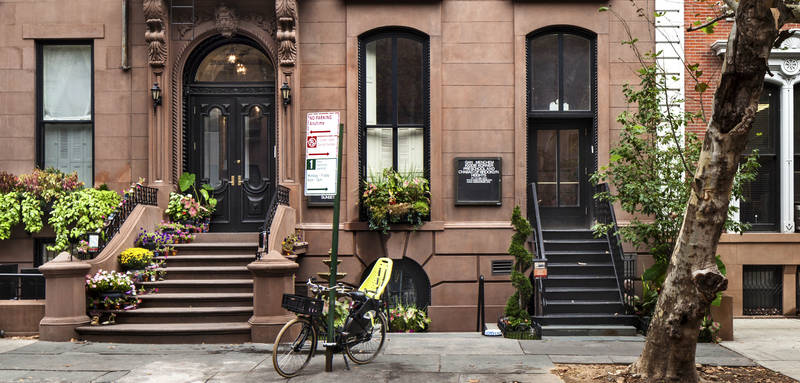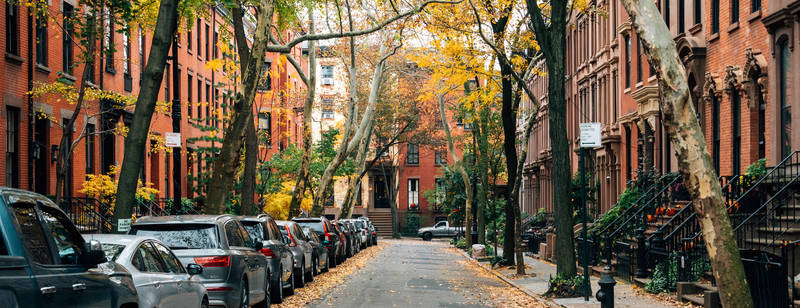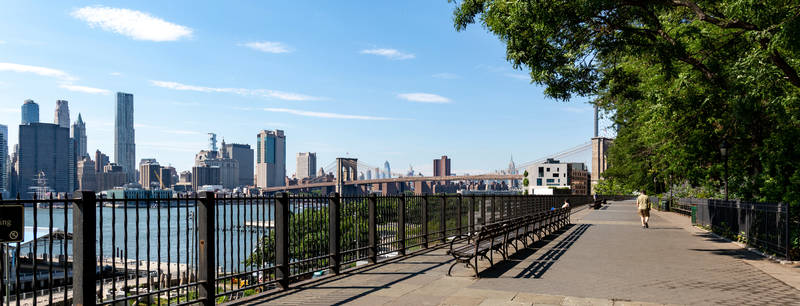Sun, November 9 2025
18 Cheshvan 5786
Today's Zmanim
| Alos Hashachar | 5:12am |
| Earliest Tallis | 5:44am |
| Netz (Sunrise) | 6:35am |
| Latest Shema | 9:07am |
| Zman Tefillah | 9:58am |
| Chatzos (Midday) | 11:40am |
| Mincha Gedola | 12:05pm |
| Mincha Ketana | 2:37pm |
| Plag HaMincha | 3:40pm |
| Shkiah (Sunset) | 4:44pm |
| Tzais Hakochavim | 5:26pm |
| More >> | |
Follow Congregation B'nai Avraham's Social Media channels
 If you're on Social Media, follow our shul.
If you're on Social Media, follow our shul.
__________________________
•YouTube (Bnai Avraham)
__________________________
•WhatsApp Daily/Main Minyan
•WhatsApp Hasgacha Minyan
•WhatsApp General Chat
•WhatsApp Sisterhood
To join any of the above WhatsApp groups, write to request an invite: Shternieraskin@gmail.com
__________________________
•WhatsApp Daf Yomi
To join the Daf Yomi group, write to request an invite:
__________________________
Click here to read some of what the Rebbe said about the use of technology in spreading words of Torah.
Jewish News Links
These external news links provide general information and their listing here in no way implies an endorsement.
Brooklyn News Links
These external news links provide general information and their publication here in no way implies an endorsement.
Candlelighting Times
B'nai Avraham is your Brooklyn Heights shul
117 Remsen St
Between Clinton and Henry
streets in Brooklyn Heights
Shabbos

FRIDAY Mincha and Kabbalat Shabbat/Maariv): 7 pm during the summer
SATURDAY: Shacharit 8 am and 10 am
Mincha/Maariv: at candellighting time
[Note: a single Shabbos Shacharit minyan at 9 am takes place yom tovim, shabbatons, smachot, US holiday weekends, and summer from Independence Day through Labor Day. ]
KIDDUSH THIS WEEK is sponsored by Ed and Julie Rubinchik, in honor of Joshua’s graduation from Tulane. Yippee-ay-yay and mazal tov!
And Kiddush next week is sposored by Marty Baumrind, in honor of his mother‘s 95th birthday. It falls on Tisha B'Av on both her Hebrew and English birthdays this year, quite unusual. Thanks very much, Marty!
Weekday Minyanim

.
.
To receive timely weekday minyan updates, please join the WhatsApp group. Write office@bnaiavraham.org to join.
SHACHARIS
Monday to Friday: 7:45 am
Sunday: 8:45 am
MINCHA/MAARIV:
Sun: at candle-ighting time
Monday thru Thursday: 8 pm
Let's Learn! Classes this week at CBA
Schedule subject to change
•Sunday 11:00 am
The David Berg Lecture Series
Perkei Avot study with Rabbi Aaron Raskin. In person and on Zoom.
Meeting ID 217 795 2137. Passcode 06355
•Monday 8:15 pm
Halacha with Rabbi Yankel Raskin (in person). Email heightsrabbi@gmail.com for more information.
•Monday 8:30 pm
Daf Yomi (on Google Meet)
For link write: Mark_Zelcer@gmail.com
•Tuesday 8:15 pm
Parsha with Rabbi Hubner, in person and click here for Zoom.
•Wednesday 9:15 am
Parsha class for women
with Rabbi Raskin.
In person or on Zoom:
Meeting ID 217 795 2137.
Passcode 06355
Thursday 9:30 am
Maamar: Chassidic DIscourses on the upcoming holidays
Meeting ID 217 795 2137.
Passcode 06355
Thursday 8:30 pm
Daf Yomi (see Monday)
•Saturday 9:30 pm
Daf Yomi (see Monday)
Join Our Mailing List
Stay in touch with the shul. Choose what communications you'd like to receive.









